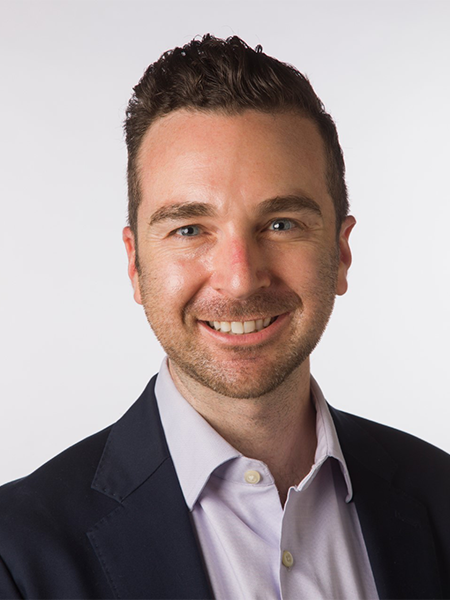This HSC faculty member is taking action to help address social problems
Nolan Kline, PhD, is the kind of person who can’t sit by when action is needed.
A defining moment early in his college experience led Dr. Kline to a career in public health education, research and service, and as a new faculty member in the HSC School of Public Health, he now brings his experience and passions to the North Texas community.
As an undergraduate anthropology major with a strong interest in population health and well-being, his defining moment came during a research project on the social and cultural factors impacting farmworkers’ health in the Central Florida region.
Conducting door-to-door interviews across different households was an eye-opening experience for the young student, as he encountered hardworking, forgotten families barely getting by under some of the most desperate living conditions.
Some slept on concrete floors; others had only cardboard walls for shelter. Most couldn’t afford health insurance. One man, who had suffered a minor leg injury that progressed to amputation due to lack of medical care, profoundly influenced Dr. Kline toward helping others in any way he could.
“This was the moment I realized I wanted to make a career in public health,” Dr. Kline said. “There were too many social problems in the world that demanded action, and I didn’t want to stand by and watch them happen.”
Further study into applied anthropology and public health through a Master of Arts degree, an MPH and a PhD provided Dr. Kline with a deeper perspective into the ways that social, environmental, political and policy-related factors can impact the health of both individuals and populations.
“There is a concept in social epidemiology recognizing how the social world, or social conditions, can ‘get under your skin,’ increasing stress and negatively influencing both mental and physical health,” Dr. Kline explained. “What happens in the world around us has a profound impact on our health outcomes and the health of others in our community.”
Dr. Kline’s 2019 book on the hidden health consequences of immigration laws and enforcement on Latinx immigrants in the U.S. South (Rutgers University Press) explored another important social epidemiology concern, and he has recently been involved in a National Science Foundation (NSF)-funded project focused on the 2016 Orlando Pulse nightclub shooting, the deadliest U.S. mass shooting at that time.
Dr. Kline was living in Florida then, leading a global health minor and teaching in the anthropology department where his interest in public health first developed, and he joined in the community’s emergency response.
His study is exploring how community organizations that emerged after the Pulse event are challenging racism, homophobia and xenophobia: root causes of social and health inequality that affect the lives and health of LGBTQ+ people of color, particularly Black and Latinx communities.
All the work he does is community engaged.
“What excites me most about moving to North Texas and HSC is the opportunity for team science. I’m a collaborator by nature, and to me, the public health field can make the best contributions toward health and equality by being deeply tied into the communities where we live,” Dr. Kline said.
“Partnering with others for the health and well-being of our community is very important to me, and I hope to impart this to my students here at the School of Public Health as well,” he added.







Social media